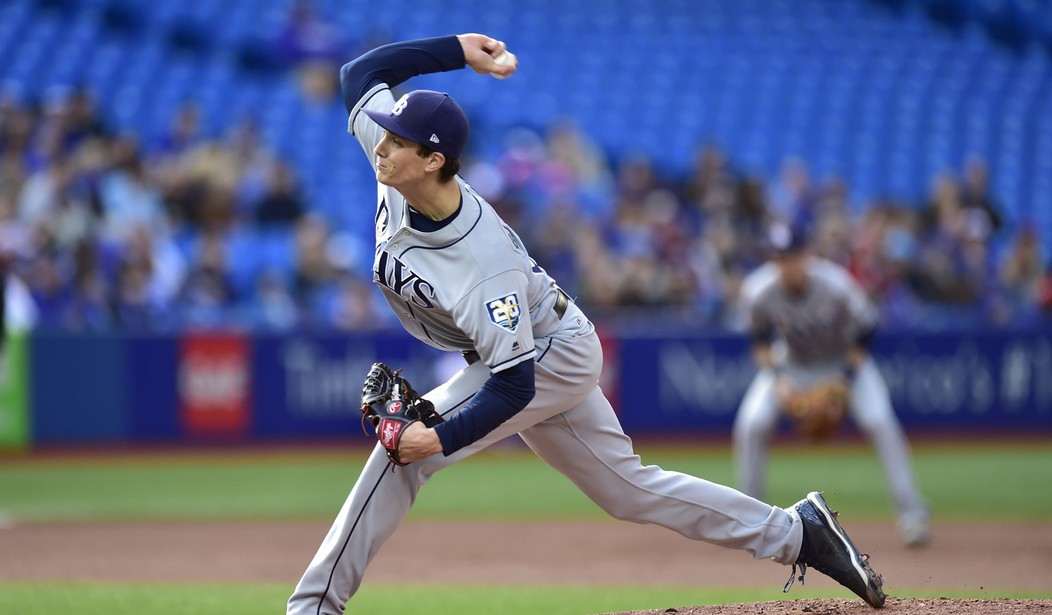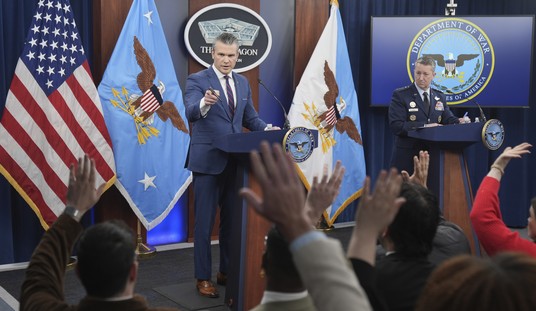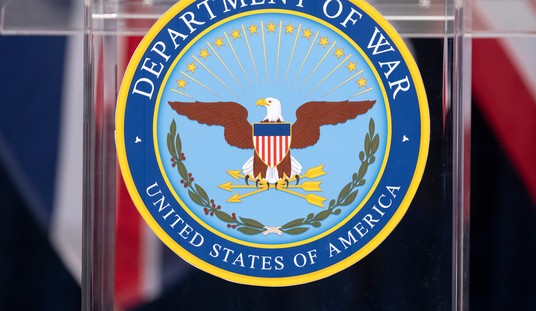In baseball, as in life, there are things that make you go hmm. Or, simply shake your head in wonderment. Such is the case with Tampa Bay Rays pitcher Tyler Glasnow, who has publicly blamed his recently incurred injury on … not being allowed to cheat. No, really:
Glasnow said, in advance of MLB’s initiative, he did away with using sunscreen — the only foreign substance he said he has ever used — two starts ago and felt sore the next day due to needing to adjust his grips. He did the same in Monday’s outing against the Chicago White Sox and then felt something “pop” in his arm.
Um … really? Although in Glasnow’s defense, at least he didn’t break a finger playing video games.
Pitchers using foreign substances on, or otherwise doctoring, a baseball is hardly something new. Depending on the method used, the idea was to either make a ball thrown at regular velocity break unpredictably on its way to the plate — something of a high-speed knuckleball — or be far more acquiescent to heavy-handed control by the pitcher. The former was marked (no pun intended) by the spitball, which was once a staple of many a pitcher’s repertoire until it was banned in 1920. The latter, the emery ball. Illegal? Yup. Frowned upon? But of course. Still seen in baseball today? Oh, you betcha:
Hitters occasionally get in on the fun as well:
Back to the current situation. MLB has made it clear that after several years of mostly looking the other way, it is going to start cracking down hard on pitchers using foreign substances to doctor baseballs. One may ask why this hasn’t been the case all along. My personal theory is that with the increase in offense in recent years, baseball was more than happy to look the other way when such offenses to offense occurred as it was leveling the playing field a bit. Now, with the announced deadening of the ball this season, MLB has apparently decided it might have gone too far in the other direction, and rather than ditching several thousand baseballs in favor of recreating the one previously in use, best to enforce the rules regarding pitching.
Enforcing the new emphasis should prove to be a fine fun time for all. Expect multiple inspections of starting pitchers, relief pitchers, catchers, position players, and Joe the hot dog vendor who is under investigation for slipping a little extra mustard to a fan in section 114. This of course won’t affect the flow and pace of games in any fashion. Just like replay hasn’t slowed things down one bit.
Seriously, while blatant cheating shouldn’t be tolerated, if baseball wants to fix its present anemic offense there are modifications to the game itself that while not altering baseball’s fundamentals would go a long way toward shoring up scoring. Let’s start by banning the shift. The shift is when the team in the field moves a player, usually either the second baseman or shortstop, to the opposite side of second base from where they normally play when a hitter, who hits predominantly to one side of the field, is at-bat. It used to be a rarity, something reserved strictly for the most pull-ish of pull hitters. Now it’s almost more common than regular defensive positioning. Let’s lose it.
Baseball is supposedly going to start the crackdown before this year’s All-Star Game. You know, the one that was scheduled to be played in Atlanta but was moved to Denver because of MLB’s knee-jerk reaction to Georgia’s new voting law supposedly disenfranchising voters of color, so let’s show them who’s boss by moving the game to a state with similar laws, in the process directly disenfranchising businesses owned by people of color? Here’s hoping baseball doesn’t screw up the rules enforcement nearly as badly.















Join the conversation as a VIP Member